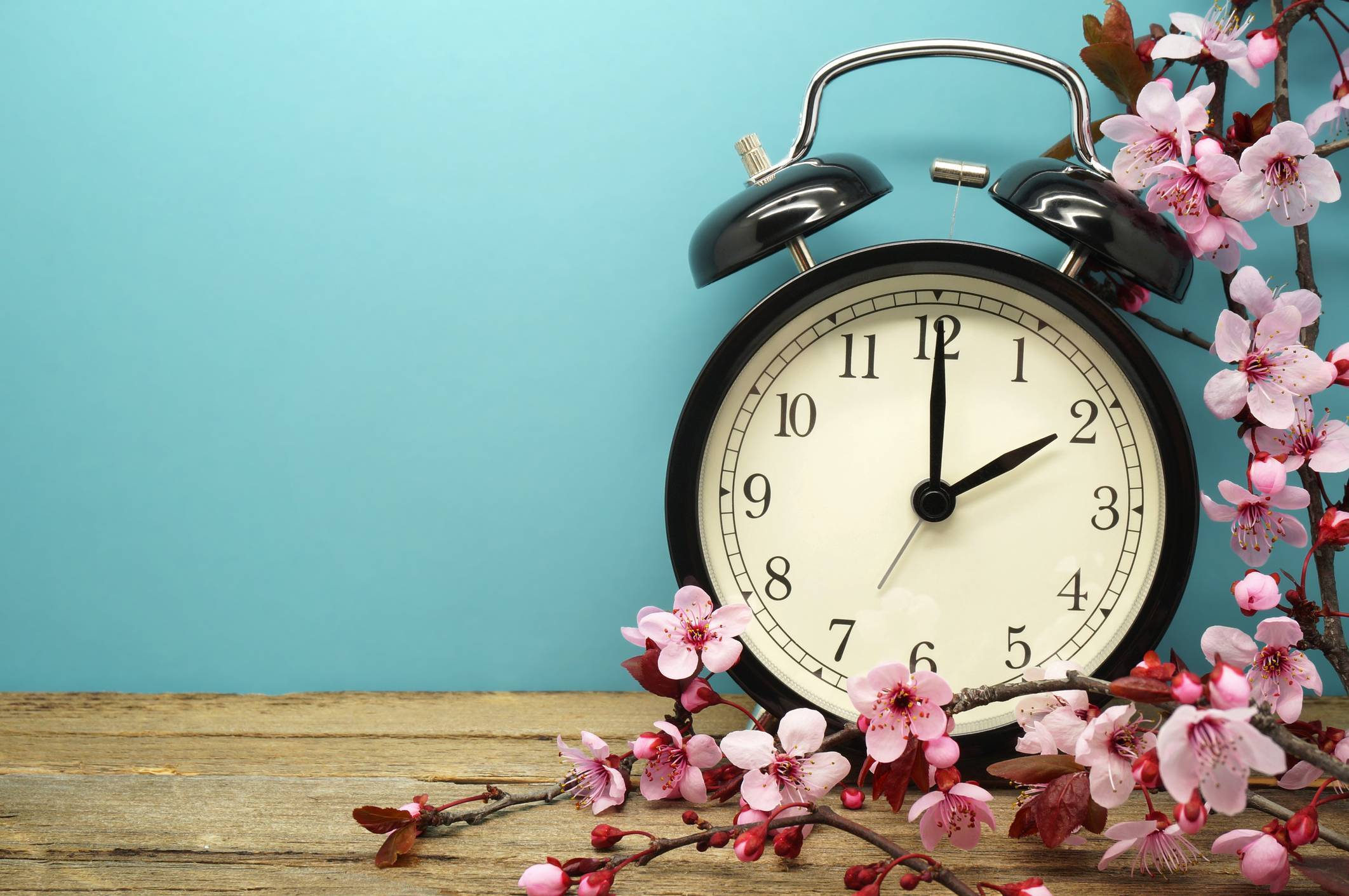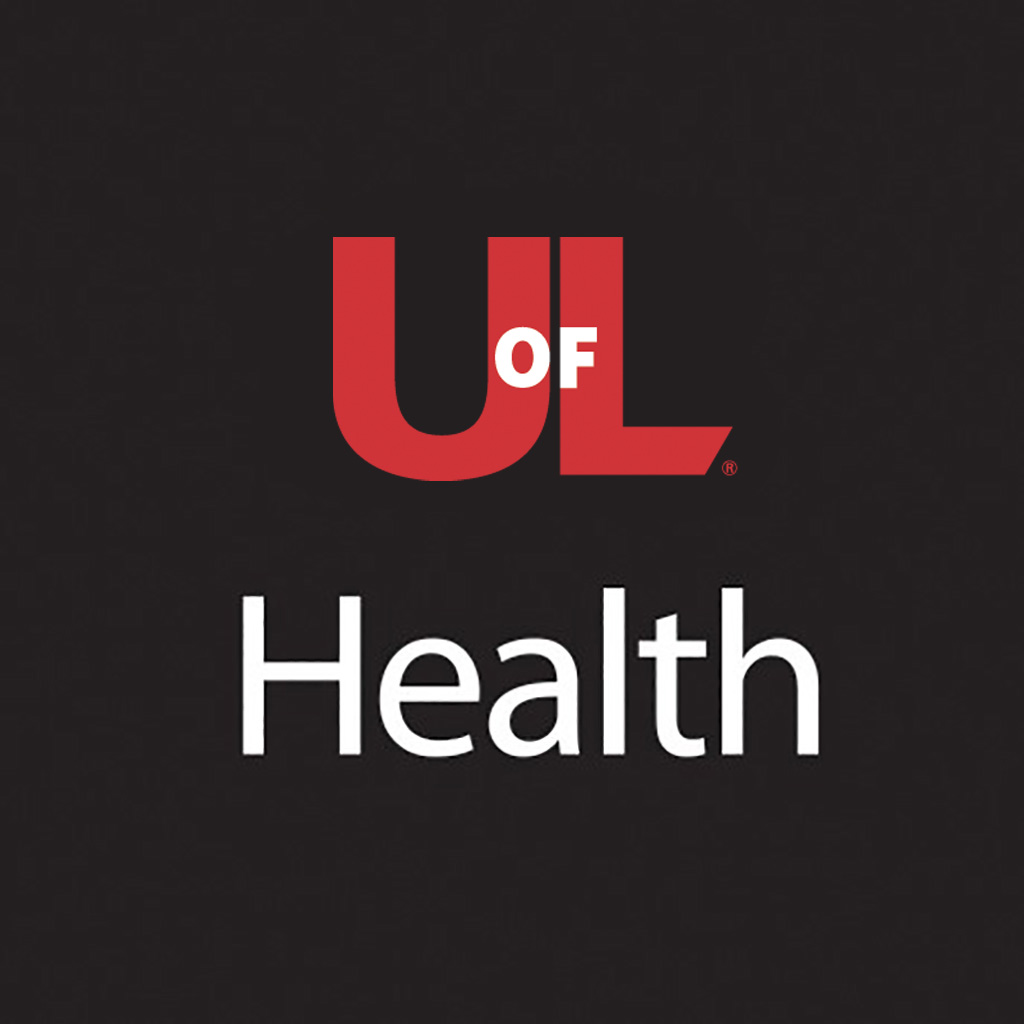
Daylight saving time means setting clocks ahead one hour, essentially moving an hour of daylight from morning to evening. Adjusting to the time change in the spring can be more difficult than when the clocks are set back one hour in the fall. But losing an hour of sleep may do more than just make you feel groggy — it could have a serious impact on your mood, motor skills, appetite and even your heart, increasing the risk of stroke.
The change can also affect productivity and lead to workplace injuries and car accidents.
But there are steps you can take to avoid the risks:
- Gradually adjust the time you go to bed and wake up
- Exposure to light as soon as you wake up helps reset the body’s clock
- Avoid napping for the first couple of days after the time change
- Stay away from caffeine a few days before and after the time change
- Take public transportation to work for a few days after the time change if you are sleep deprived
To learn more about time change and your health, click here.









